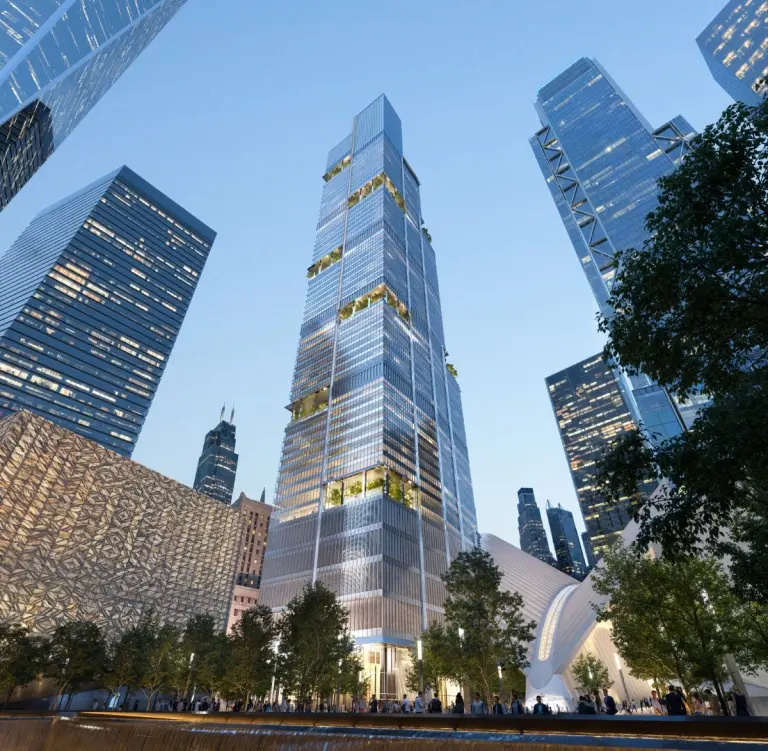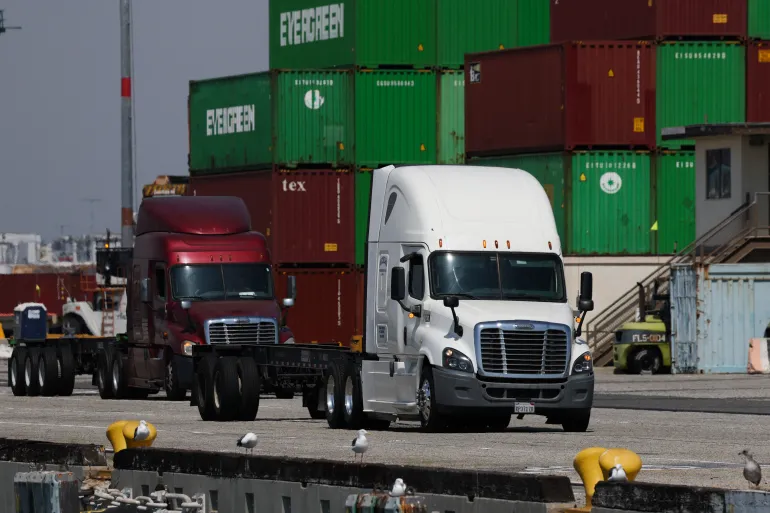Five months into 2025, the US economy faces uncertainty, with forecasters split on whether a recession is looming, USA Today reports.
Key factors like President Trump’s aggressive tariff policies, job growth, and consumer behavior are shaping predictions, but a rapidly shifting economic landscape makes it difficult to gauge the future with precision.
President Donald Trump’s tariff actions have been a significant factor in this economic uncertainty. His decision to impose the largest tariffs on US imports in a century has stirred concerns over higher consumer prices and potential negative effects on the stock market. However, there have been occasional signs of optimism, including a 90-day pause on most tariffs and a reduction in duties for shipments from Canada and Mexico. Trump has also suggested that tariff negotiations with China are making progress, although China has denied such claims.
Despite these shifting developments, economic forecasters remain divided on whether the US is heading toward a recession. According to a recent survey from the National Association of Business Economics, nearly 40% of economists believe there’s more than a 50% chance of a downturn. But with the unpredictable nature of political decisions and trade negotiations, many analysts find that traditional economic indicators—such as job growth and retail sales—are becoming less reliable.
For some forecasters, recent data points to a more optimistic outlook. Despite rising tariffs, several key figures suggest that the economy may avoid a recession:
Job Growth: The US labor market remains resilient, with employers adding 228,000 jobs in a recent month. Initial unemployment claims remain low at 222,000, indicating that businesses are hesitant to lay off workers despite growing uncertainty.
Retail Sales: Retail sales showed a strong increase, rising 1.4% more than expected. While some analysts caution that this boost could be due to consumers frontloading purchases ahead of anticipated tariff hikes, it still reflects a healthy level of spending.
Consumer Spending: More anecdotal evidence suggests that consumer confidence—often an indicator of future spending—has yet to significantly dip. For example, the number of seated restaurant diners has surged, indicating that discretionary spending is still robust.
Job Ads and Hiring: Job postings remain relatively stable, indicating that businesses are still actively seeking workers, despite the uncertainties caused by the tariff policy.
According to economists like Ryan Sweet and Joseph LaVorgna, these positive indicators, combined with solid wage growth and manageable household debt, suggest that the US consumer remains in a strong enough position to withstand some of the economic strain caused by tariffs.
Despite these optimistic signals, other economists argue that the risks are mounting, particularly with the tariffs’ potential to hurt consumers as the year progresses.
Consumer Confidence: Consumer surveys have shown a sharp decline in confidence, with the Conference Board’s March survey reporting the lowest short-term outlook in 12 years. Similarly, the University of Michigan’s survey in April indicated that a significant portion of Americans expect unemployment to rise, signaling growing pessimism.
Business Sentiment: Business sentiment surveys also paint a worrying picture, with the Federal Reserve Bank of Philadelphia’s manufacturing activity index falling to a low point. If businesses start pulling back on investment and hiring, the economy could slow down significantly.
Stock Market and Bond Yields: The stock market has been volatile, with the S&P 500 index experiencing a correction, falling over 10% from its peak in February. Historically, stock market downturns have often preceded recessions, and current market fluctuations suggest that investors are concerned about the economic outlook. Meanwhile, rising bond yields indicate uncertainty about future economic conditions, with investors nervous about the potential for rising debt and inflation.
Some economists caution that while current data looks good in the short term, the real impact of tariffs will be felt in the coming months. Jonathan Millar from Barclays notes that once tariffs fully affect consumer prices, they will likely eat into purchasing power, leading to reduced consumer spending.
However, others remain hopeful that the US could avoid a deep recession, especially if tariff negotiations yield positive outcomes or if consumers and businesses adapt to the changing landscape. The next few months will be critical in determining whether the economy can maintain its momentum or whether the risks of a recession will become more pronounced.










The latest news in your social feeds
Subscribe to our social media platforms to stay tuned